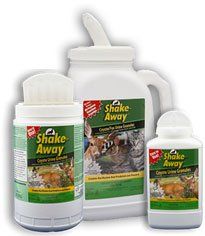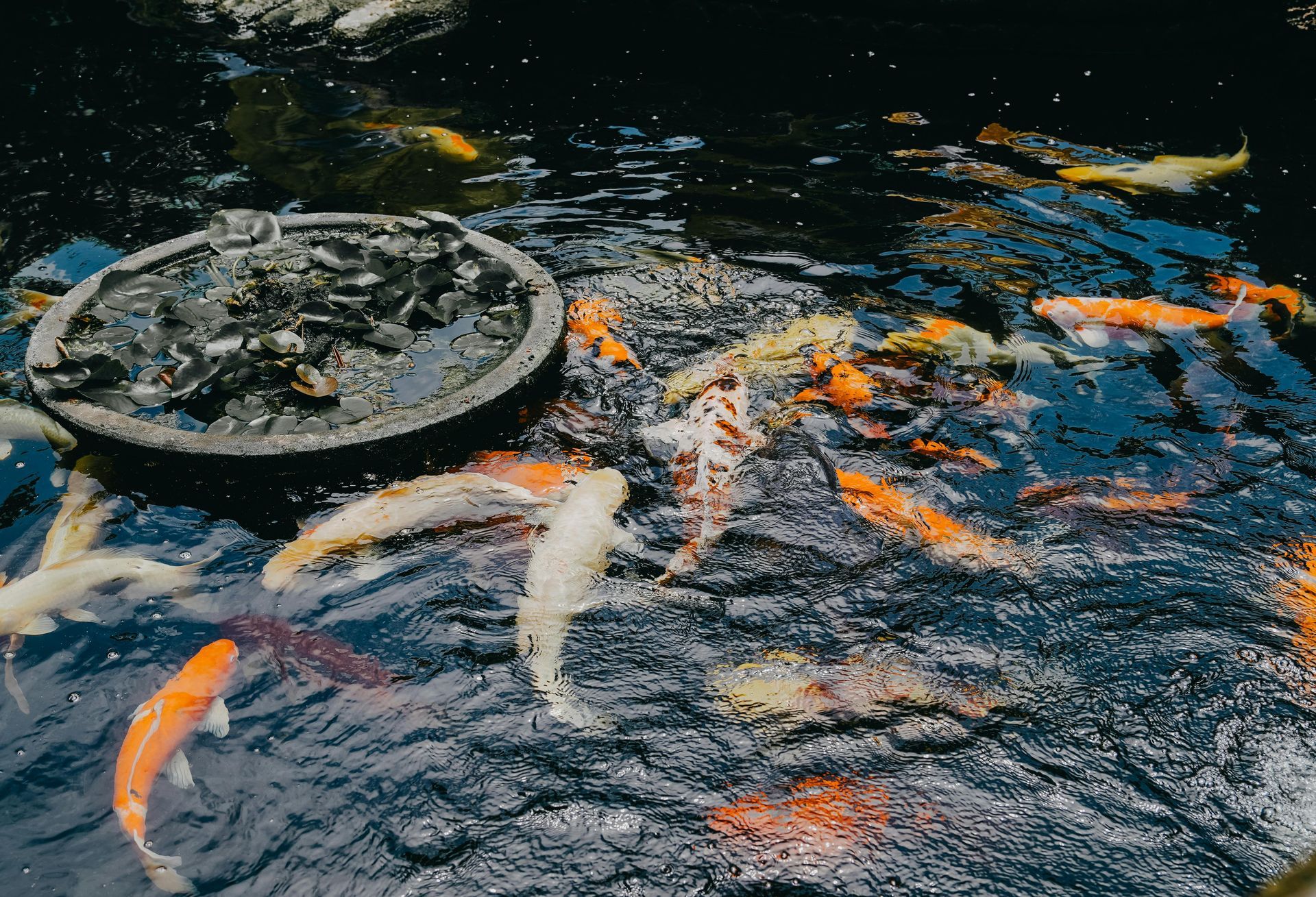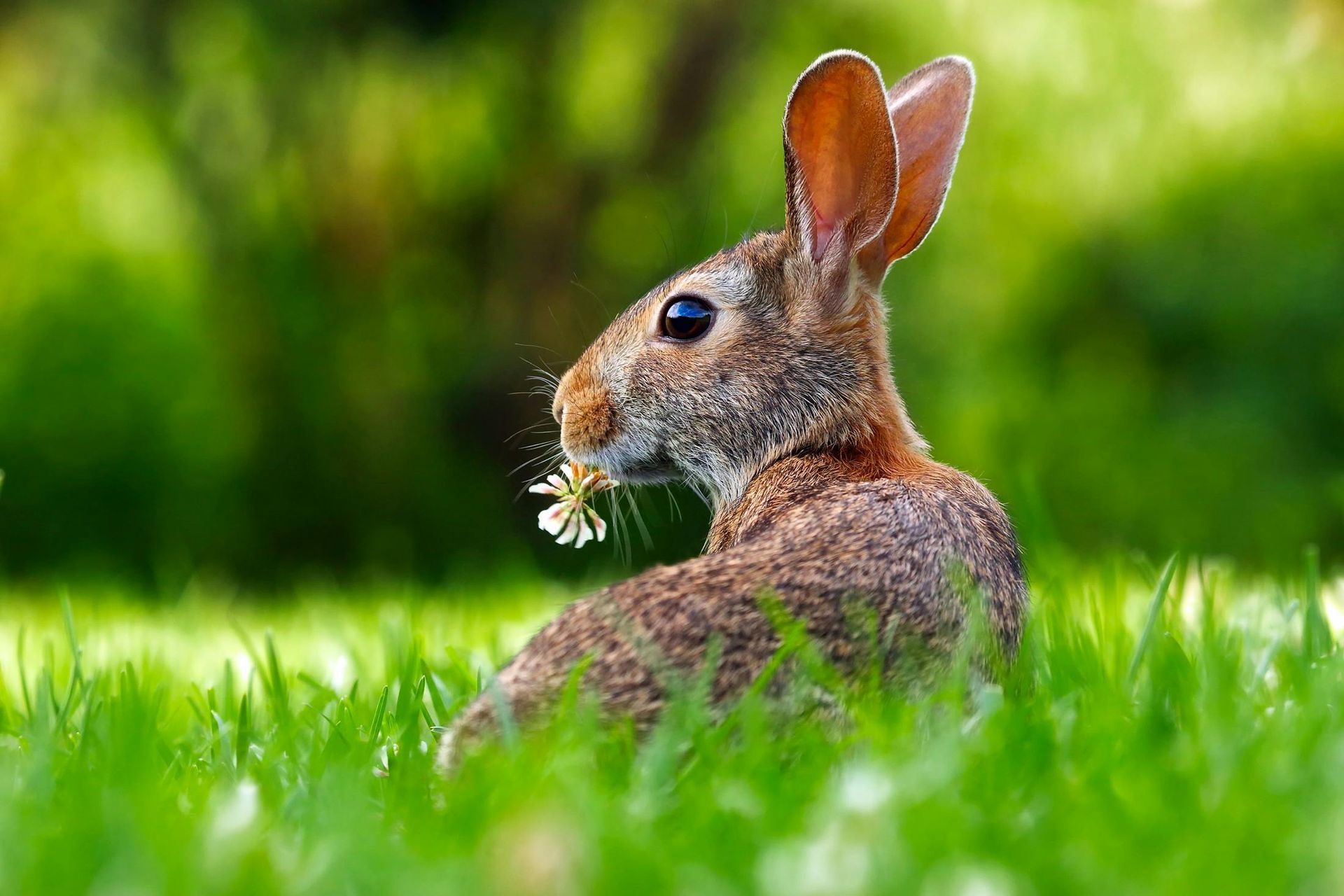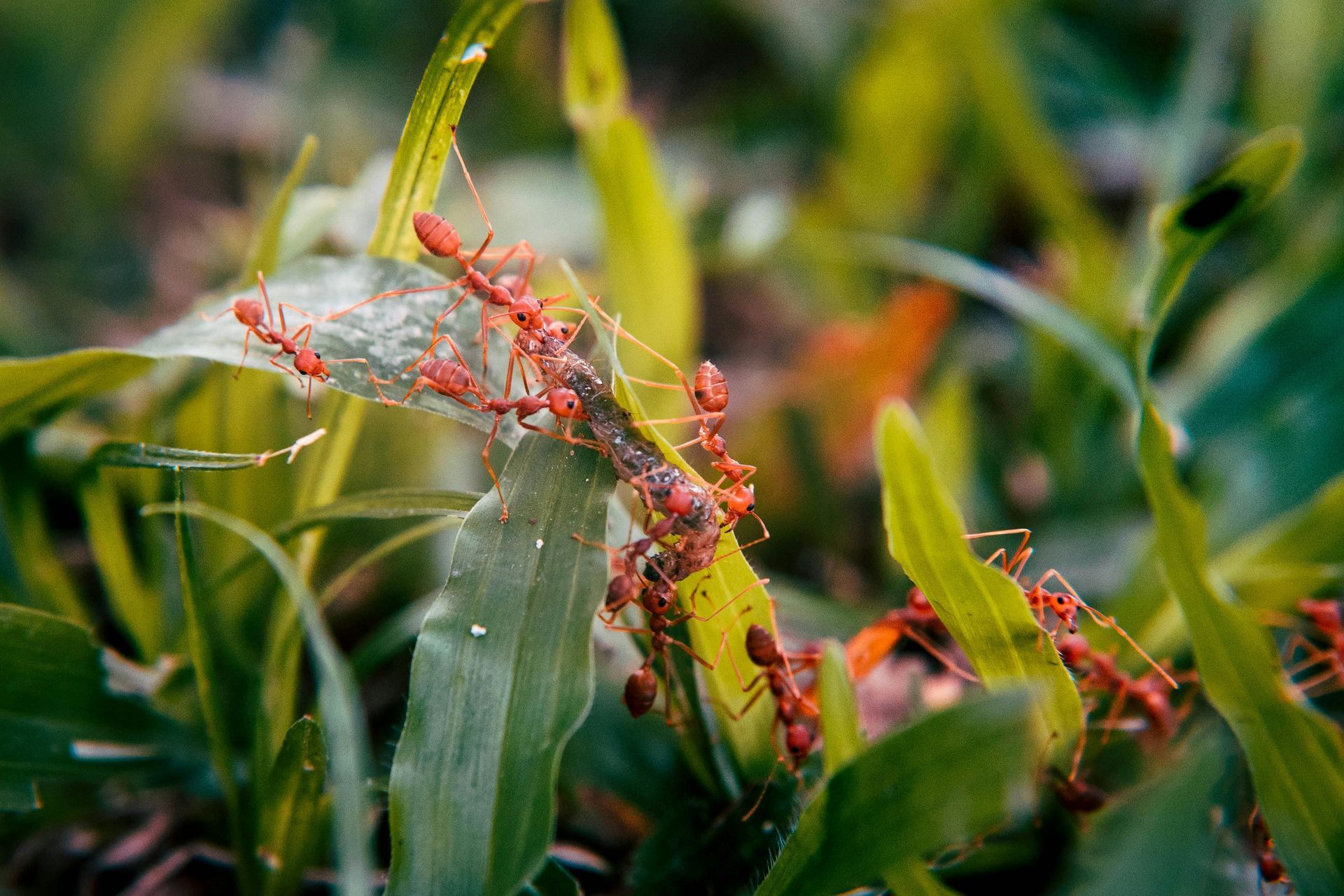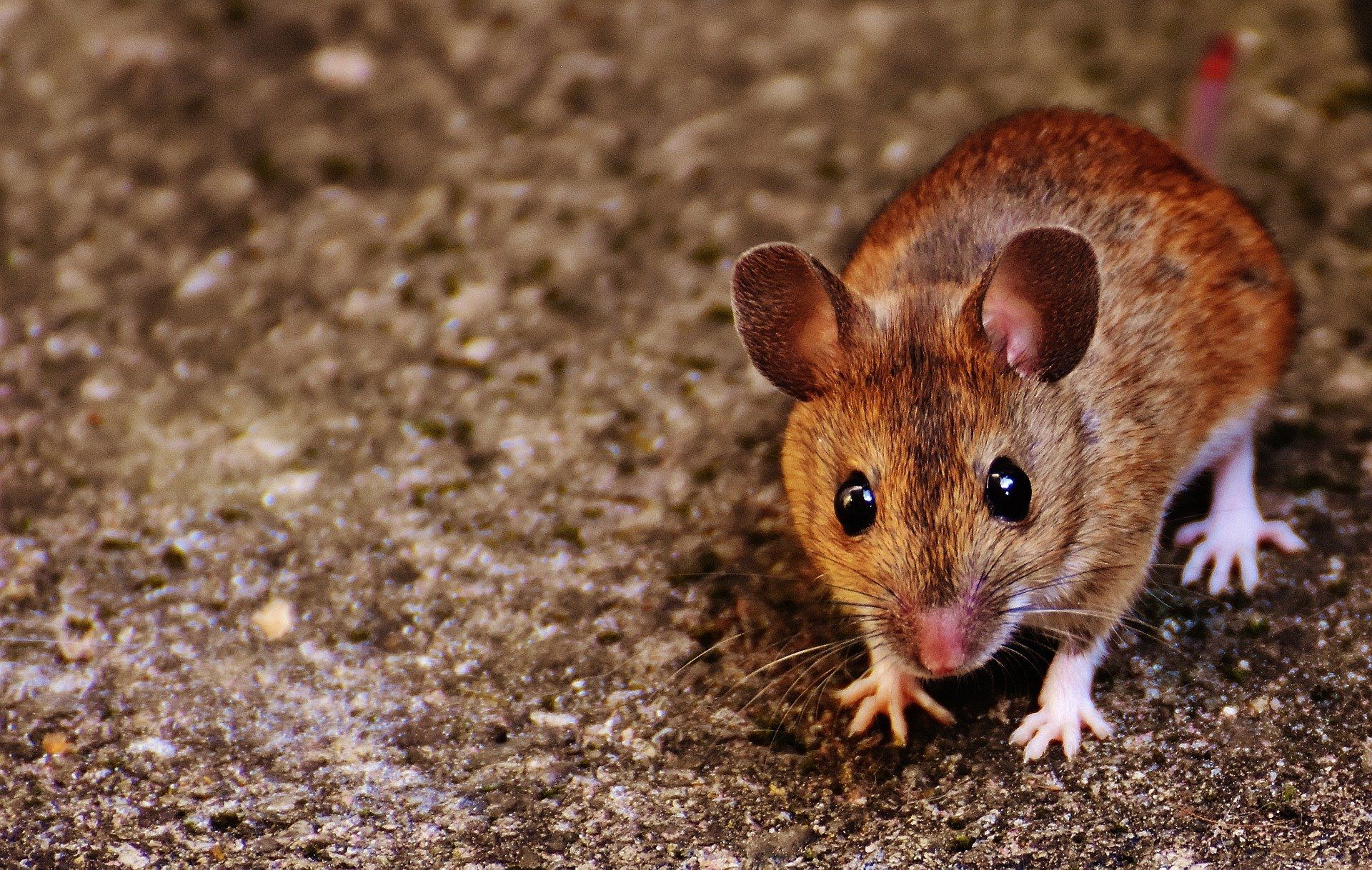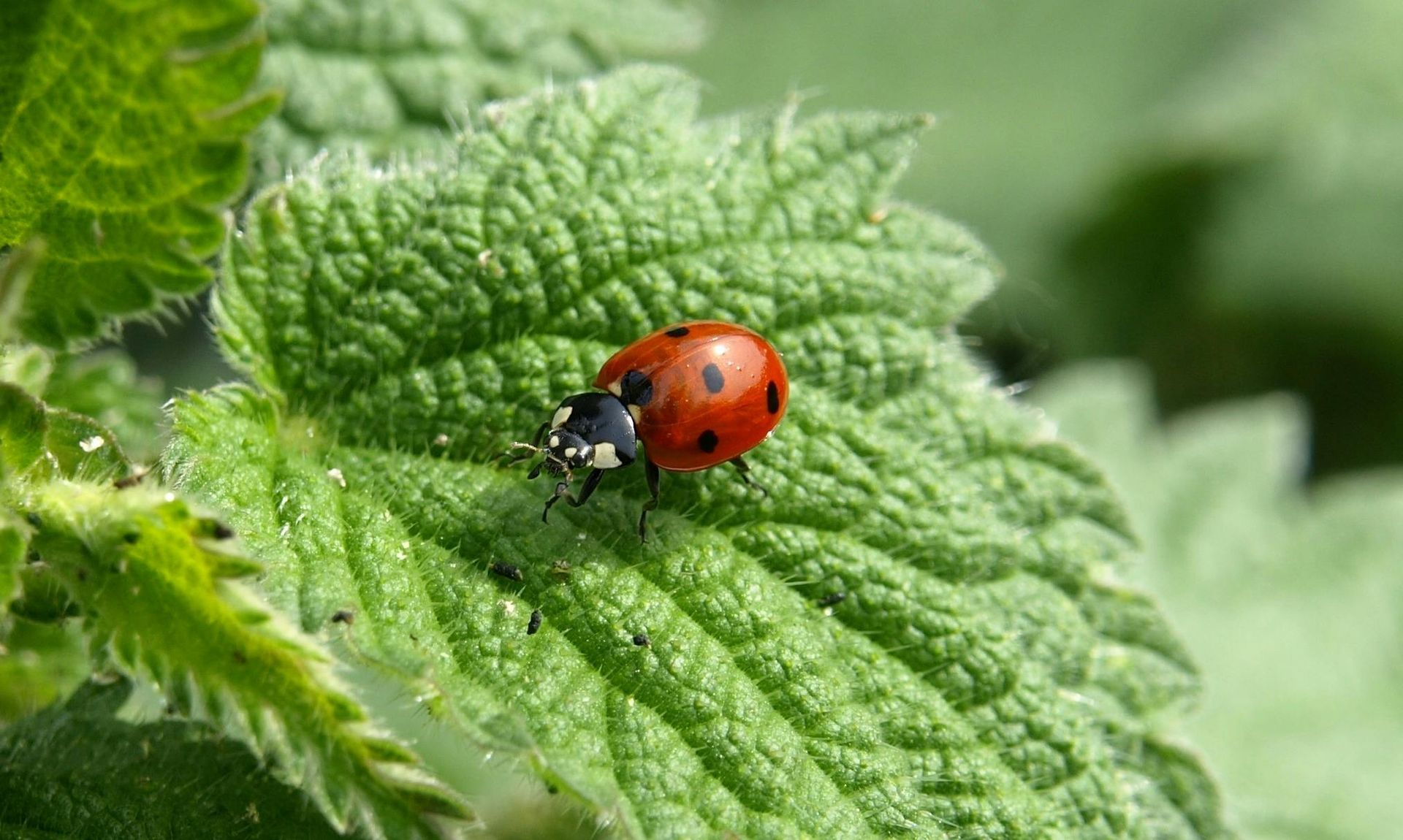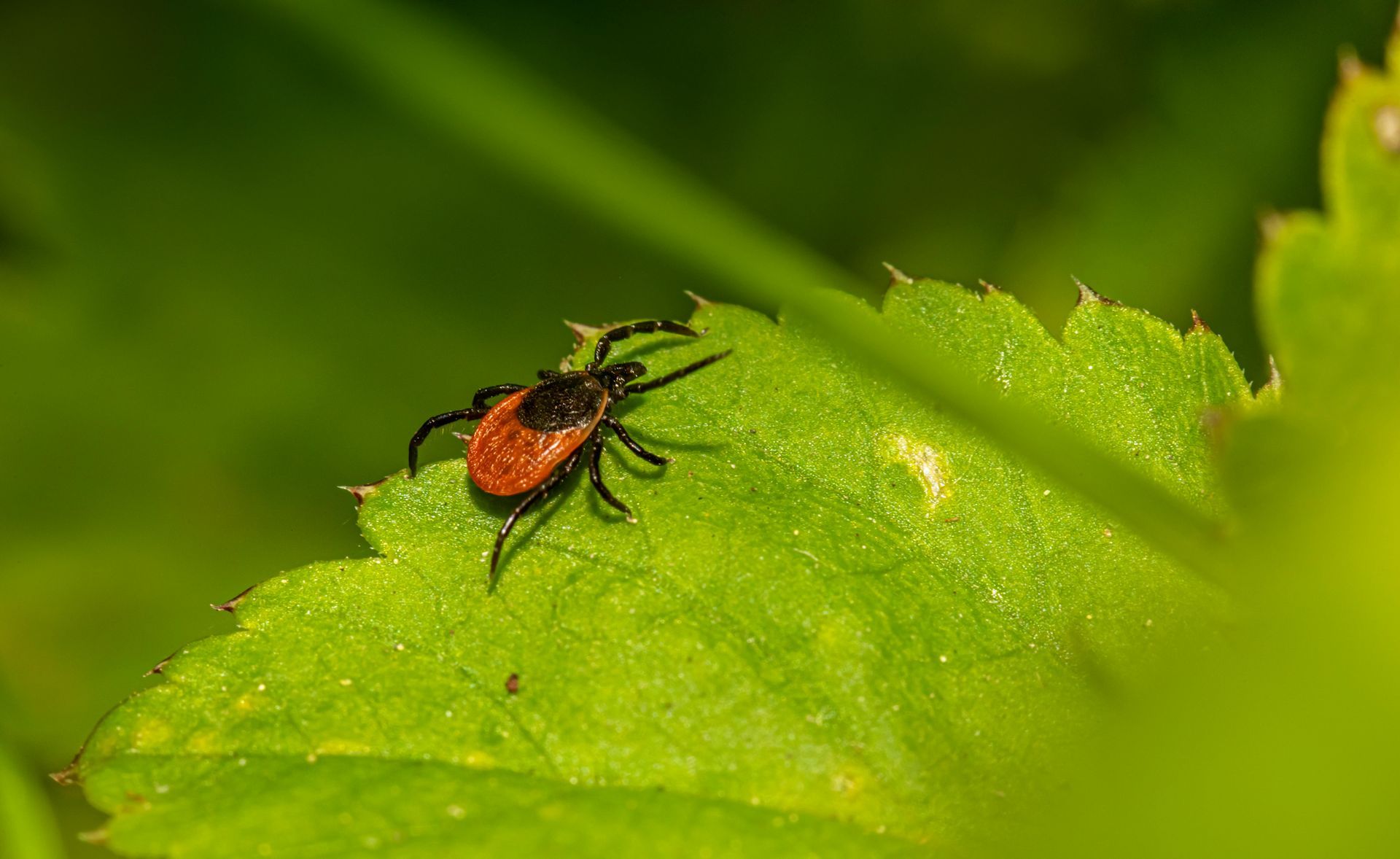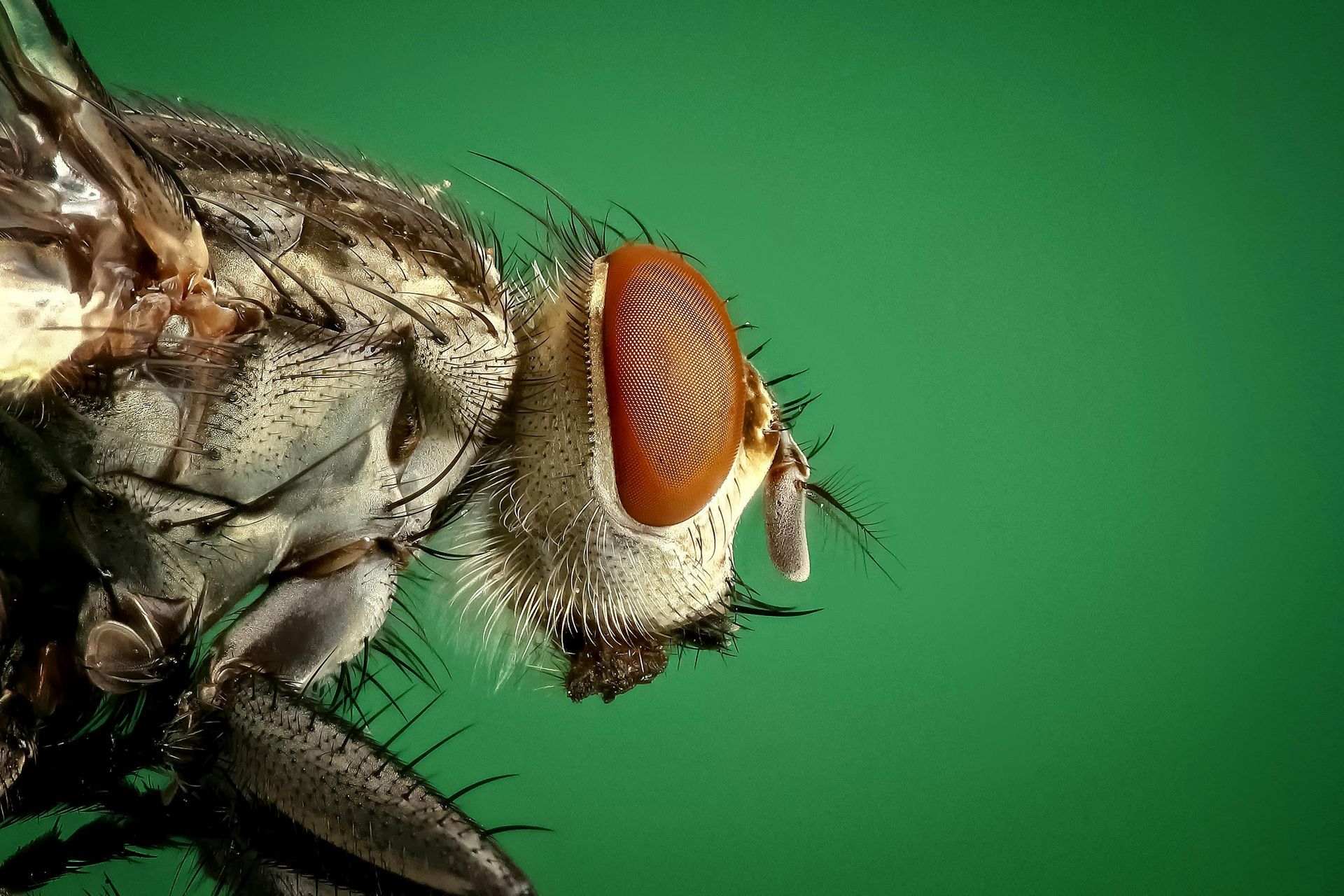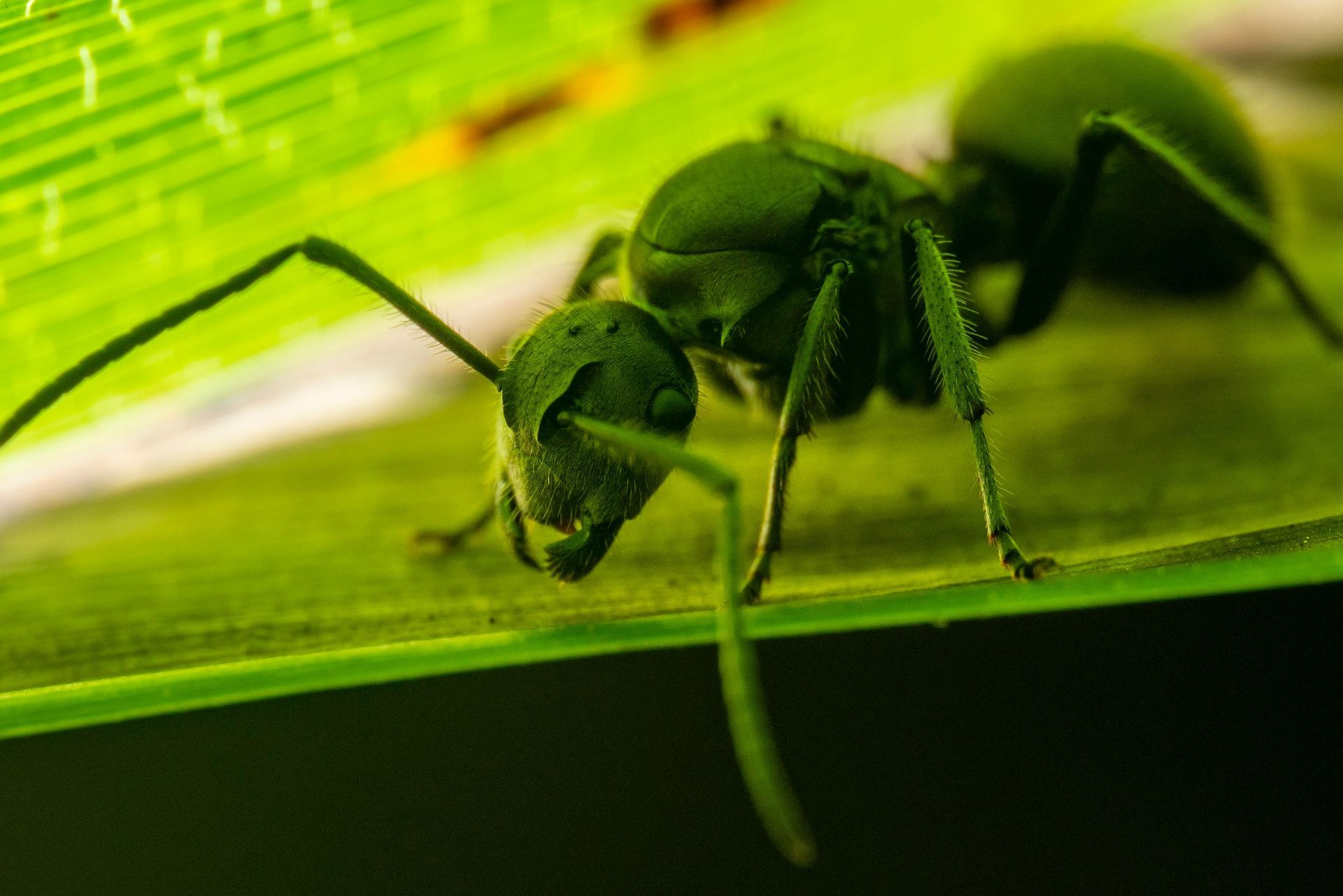Preparing Your Lawn and Garden for Winter
Critter-Repellent.com Staff • October 30, 2020
Quick and effective tips for healthy lawns and Gardens in the Spring
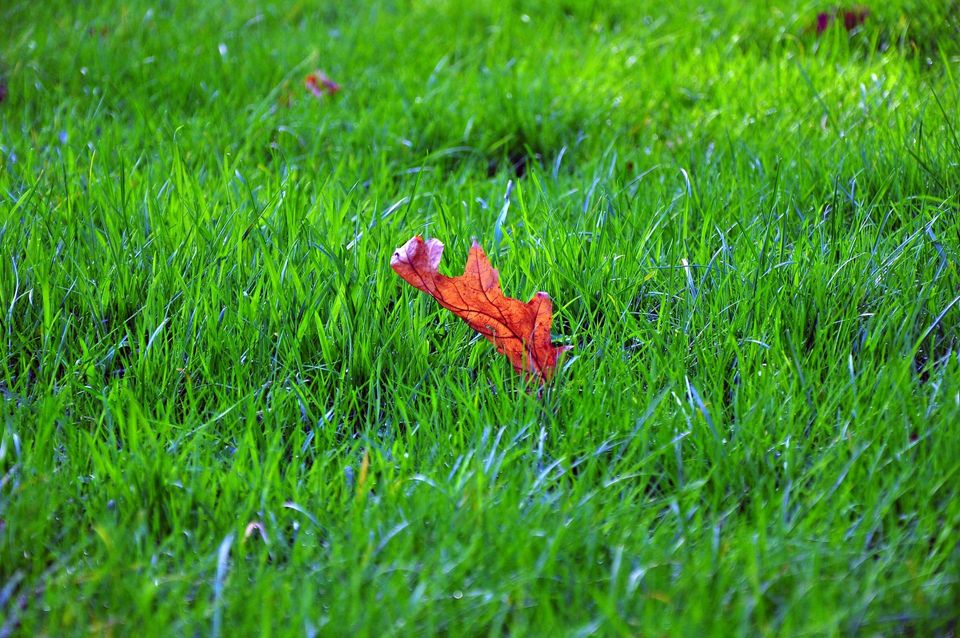
As winter weather tightens its grips across the northern hemisphere, homeowners must prepare their property for frigid temperatures and freezing precipitation. While the steps required to adequately prepare for cold weather can feel daunting, there are a few essential tasks you can take to best get your lawn and garden ready for the cold. Consider the following tips as your winter-preparedness gets underway.
Keep your lawn curated through the fall
- While the ideal grass length varies depending on the type of grass which grows in your lawn and how warm your specific climate is through the autumn season, it is important to know how to keep your lawn maintained so that it doesn’t experience the smothering that falling leaves can provide. If your lawn is properly maintained over the course of the fall, it can not only help delay the need to mow when the warmer weather comes again, but it can prevent the growth of mold and other fungus under the cover of leaves and snow.
Do a final round of fertilizer
- This is equally as important for your lawn as your garden. After properly pruning your garden of wilted plants from your summer or autumn crops, providing your soil with a final boost can make or break your coming years crops and lawn growth. The planting season depletes your soil’s nutrients. Failing to replenish them before winter hits will prevent the soil from adequately absorbing an early-season round of fertilizer next year.
Aerate your soil
- Before laying your fertilizer, consider tilling your soil for aeration. While many homeowners prefer to aerate only their garden, the lawn can also greatly benefit from a round of aeration. Aerating provides a bolstered induction of air and nutrients into the soil, allowing the grass and other rooted plants to grow deeper, healthier roots.
Rake
- What may seem to be the most obvious step in your winter preparedness, raking is one of the most conventional and time-tested methods in keeping your lawn and garden healthy. Similar to keeping your lawn curated to the proper height, raking helps keep molds from growing amongst your greenery under the blanket of leaves that have fallen on your property. Raking up and collecting leaves from your lawn and garden can also be the jumpstart that you need to begin a home composting program, as leaves are easy for composting processes to digest and turn into potential fertilizer for the coming year.
Overseed your lawn
- If you have struggled with keeping your lawn looking as thick and luscious as you want, consider overseeding the yard before winter comes. While the practice seems to some to be wasteful, it can be a necessary step towards filling out the thinner spots of grass throughout your lawn. This step should come after aerating and fertilizing, allowing the fresh seeds to take root with the utmost strength.
The winter months can be trying for lawn and garden health. Be sure to stay on top of your cold weather checklist as you notice the chill strike the air over the months of October and November in order to ensure a healthier, happier lawn and garden next year!
Critter Repellent All Natural Animal Repellent Blog
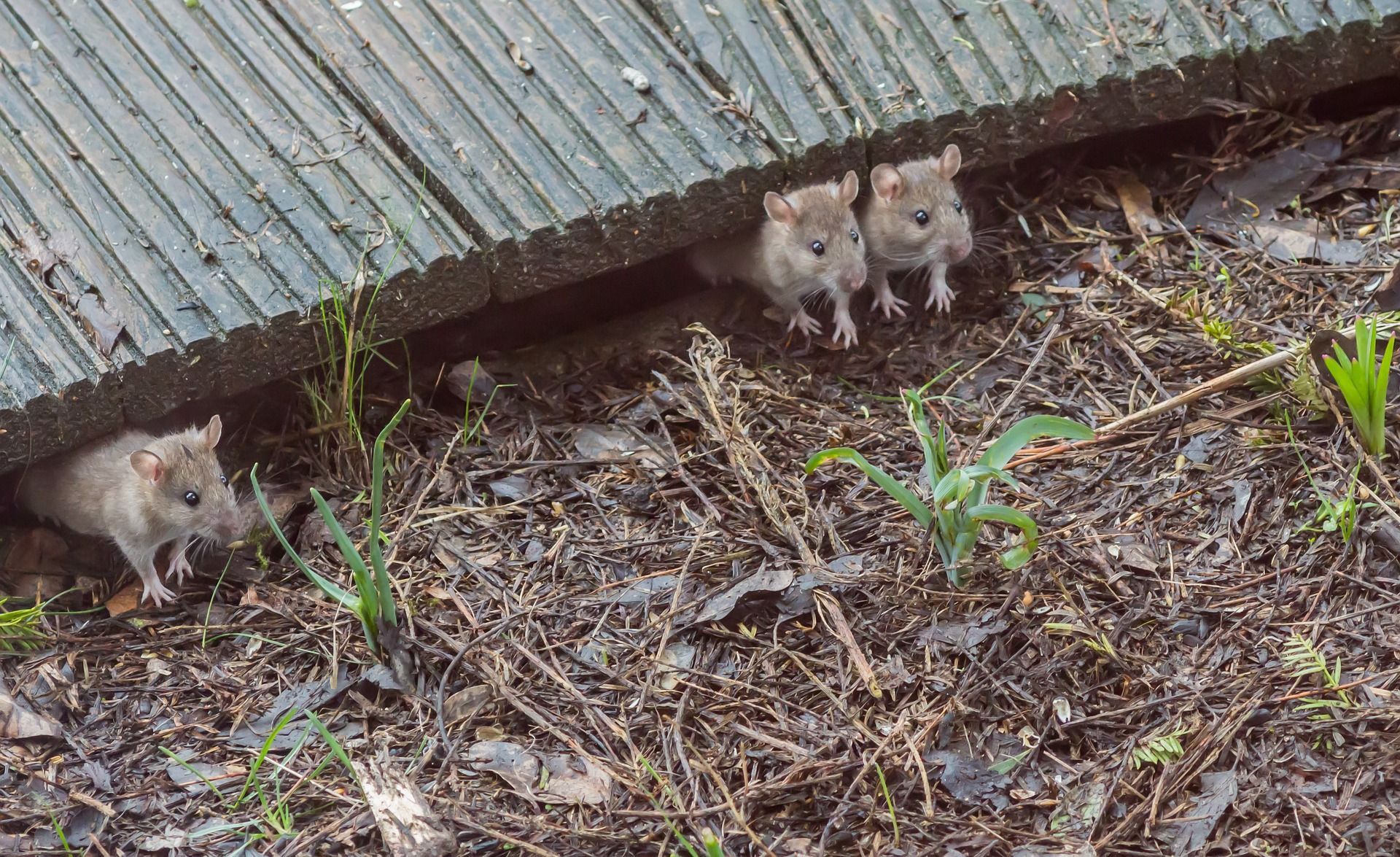
The last thing you want to see running around your house is a mouse. And where there is one, there are more. Whether it’s mice, ants, spiders, squirrels, or any other type of rodent, bird, or insect infestation, ignoring those critters can get very expensive in the long run. When it comes to remediating or protecting your home from infestations, the cost of doing nothing can lead to a big dent in your wallet. Keeping house pests at bay is important, especially if you’re planning to put the home on the sales market. How much does it cost to keep the house and property pest-free? That depends on where you live, what types of services needed, and how often the home is treated. But one thing is for sure, it’s easier (and more cost-effective) to prevent house damage than to fix everything after critters have chewed up wires, plumbing, foundation, and the yard. Potential Structural Damage Squirrels, moles, voles, rats, and mice are part of nature, but the damage that even one of these critters can do to a home can run into thousands of dollars. With sharp teeth that never stop growing, squirrels and rodents must “file down” their chompers so they don’t interfere with eating and drinking. Thus, a squirrel’s chewing habits can damage house support beams, siding, and anything else that holds the structure up. The costs to repair the building depend on the severity of the damage. Birds’ nests and clogged gutters are signs that unwanted critters are in the building’s drainage system. Replacing damaged gutters can cost several thousand dollars—to start. On average, it’ll cost between $1,600 and $5,200 (depending on size, materials, and labor costs). Wiring and Insulation Chewed-up electrical wiring is not only a hassle but it can be very dangerous. Mice, rats, squirrels, and other critters will gnaw through wires, not knowing that they can electrocute themselves but worse — start a house fire. Homeowners won’t necessarily see exposed wires around the house. Examining the house structure and wiring allows owners to know what to budget for. Pests and vermin living in the attic may tear up insulation to use for nesting materials. Depending on the size of the house, insulation costs can be anywhere from $1,600 to $8,000 on average. Termites When it comes to destructive insects, termites are at the top of the list. These icky little bugs chew through wood almost as quickly as a cartoon buzzsaw. And the worst thing? In general, homeowners’ insurance does NOT cover termite damage. Signs of termite infestation and damage include: Chewed up or hollow wood Blisters or buckling in the flooring Discarded termite wings Bubbling paint Strips of mud tubes along crevices Damaged support beams Tapping sounds in the walls The cost of repairing termite damage can range from a few hundred to a few thousand dollars—or more, depending on what part of the house is torn up and what needs to be done. Preventing termites in the yard and hiring a professional exterminator are two ways of keeping these hungry critters away from your home. Pest Entry Points Cracks and crevices are easy access points for mice, insects, wasps, and other pests. Unscreened vents and windows, loose shingles and siding, and chimney gaps are entry points for bugs and mice. Not having trees and shrubs around the perimeter of the house won’t prevent squirrels and mice from coming onto your property, but keeping greenery away from the structure would deter critters from having direct access to it. Perceived Value Whether your house is currently for sale or it’s a plan for the future, having pests and vermin roaming around the property can keep the buyers away. Among the financial considerations, house-hunting taps the emotions of the would-be buyer. No matter what the item is, perceived value is a customer’s view of whether it is worth the money. An infested home has lost its marketing value, especially if a mouse runs across the floor during the negotiating stage. The cost of doing nothing when you should be doing something can lead to a huge repair bill and maybe even a home improvement loan or second mortgage on your house. Ignoring the problems won’t make them go away. If wildlife and insects are damaging your home, do something about it sooner than later.

